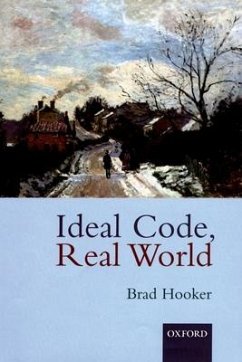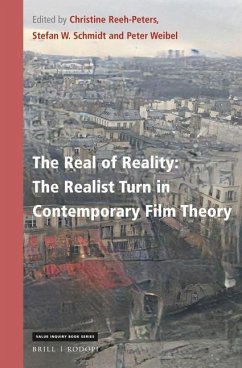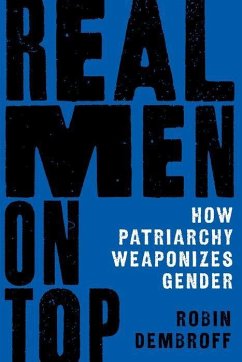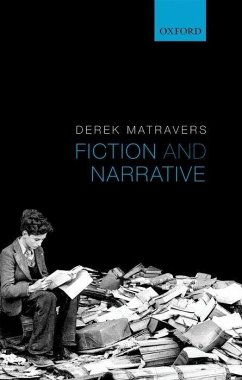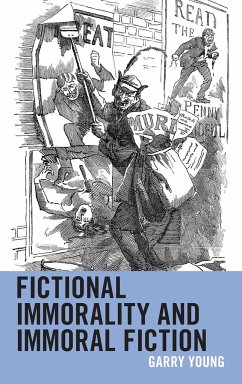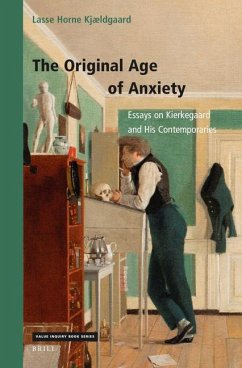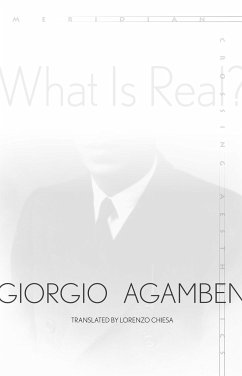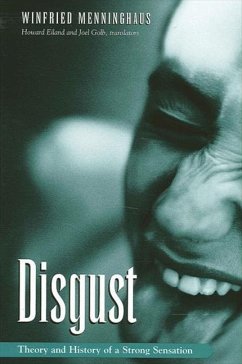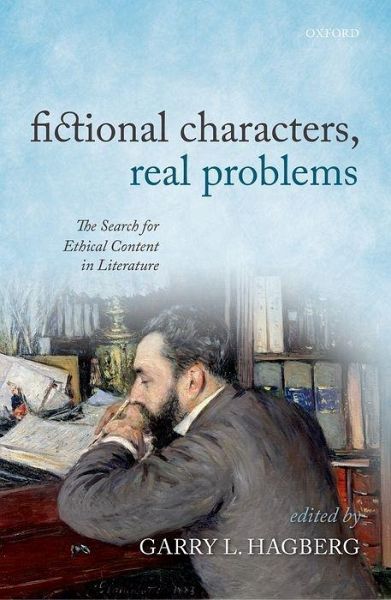
Fictional Characters, Real Problems
The Search for Ethical Content in Literature
Herausgeber: Hagberg, Garry L
Versandkostenfrei!
Versandfertig in über 4 Wochen
127,99 €
inkl. MwSt.

PAYBACK Punkte
64 °P sammeln!
These new essays explore central aspects of the ethical content of literature: character, its formation, and its role in moral discernment; poetic vision in the context of ethical understanding; self-identity and self-understanding; literature's role in moral growth and change; and the historical background of the ethical dimension of literature.



